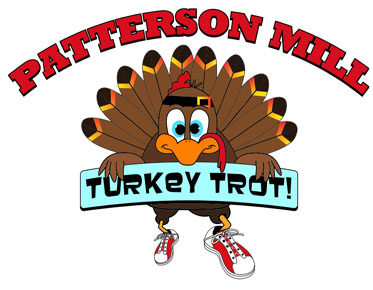Transforming Images: Converting a JPEG to a Vector File with Eagle Digitizing
Introduction: Elevating Design Precision through Vectorization
In the dynamic world of design, the conversion of a JPEG image into a vector file has gained paramount importance. This article aims to provide insights into the process, highlighting various methods and the exceptional vectorization services offered by Eagle Digitizing.
Understanding the Basics: JPEG vs. Vector
Before delving into the conversion process, it's crucial to grasp the fundamental distinctions between JPEG and vector formats. JPEG, a raster format, is pixel-based and ideally suited for photographs. Conversely, vector graphics are mathematically derived, enabling them to be scaled infinitely without any loss of quality. This scalability renders vector files indispensable for logos, illustrations, and designs demanding flexibility.
Method 1: Manual Tracing Enhanced by Eagle Digitizing
Manual tracing stands as a meticulous approach to converting a JPEG to a vector file, a process that's further elevated with Eagle Digitizing's expertise. Their adept designers utilize cutting-edge software like Adobe Illustrator to trace over the JPEG, meticulously crafting shapes and paths. This method, though time-intensive, guarantees accuracy while retaining the essence of the original image.
Method 2: Automated Conversion with Eagle Digitizing's Precision
For a swifter solution, automated conversion tools can be employed, with the added precision of Eagle Digitizing's touch. Utilizing state-of-the-art software, such as Adobe's Image Trace feature, Eagle Digitizing's skilled team meticulously analyzes the image and generates vector paths based on color and contrast. This method combines convenience with a commitment to detail, ensuring an optimal outcome.
Benefits of Eagle Digitizing's Vectorization Services
The vectorization services offered by Eagle Digitizing bring forth a plethora of advantages. The resultant vector graphics maintain impeccable quality regardless of size adjustments, catering to diverse applications from business cards to expansive banners. Furthermore, the vectorized images remain effortlessly editable, allowing designers to fine-tune colors, shapes, and elements seamlessly.
Conclusion: Precision Redefined with Eagle Digitizing
In the quest to convert a JPEG into a vector file, Eagle Digitizing emerges as a beacon of excellence. By seamlessly merging manual tracing and automated tools, their vectorization services encapsulate accuracy and efficiency. The transformation from pixel-based images to versatile vectors embodies scalability and adaptability, enabling designs to transcend the confines of pixels and embrace the realm of precision.



